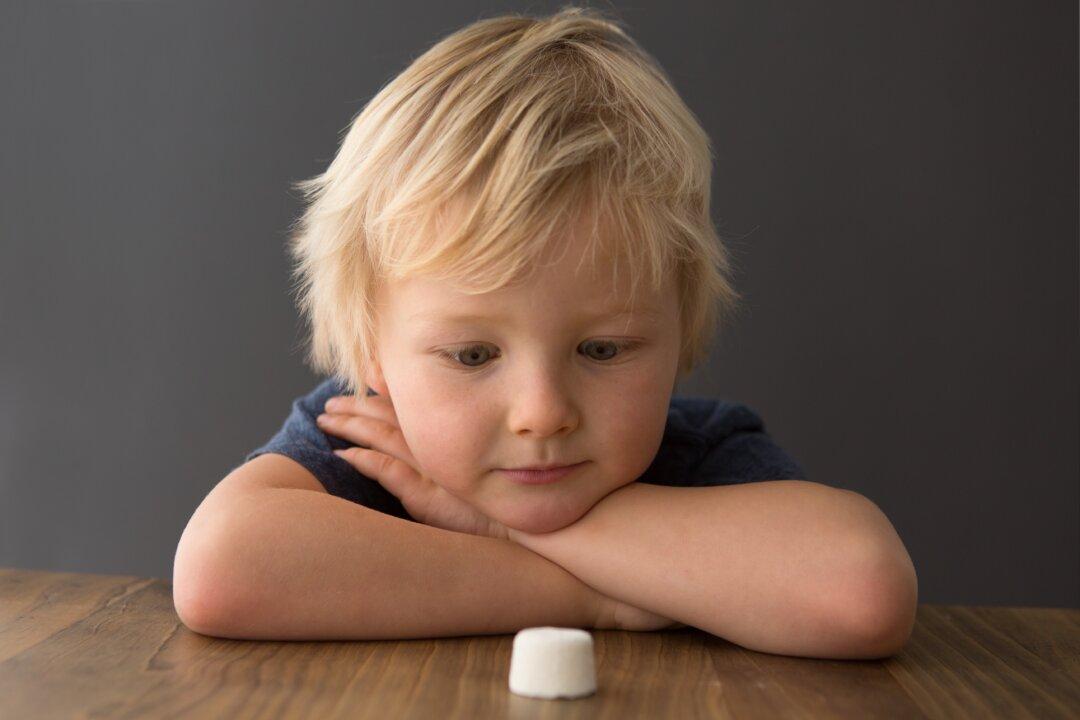Imagine you’re a young child and a researcher offers you a marshmallow on a plate. But there’s a catch: If you can avoid eating the marshmallow for 10 minutes while no one is in the room, you will get a second marshmallow and be able to eat both. What would you do—eat the marshmallow or wait?
This is the premise of a famous study called “the marshmallow test,” conducted by Stanford University professor Walter Mischel in 1972. The experiment measured how well children could delay immediate gratification to receive greater rewards in the future—an ability that predicts success later in life. For example, Mischel found that preschoolers who could hold out longer before eating the marshmallow performed better academically, handled frustration better, and managed their stress more effectively as adolescents. They also had healthier relationships and better health 30 years later.





